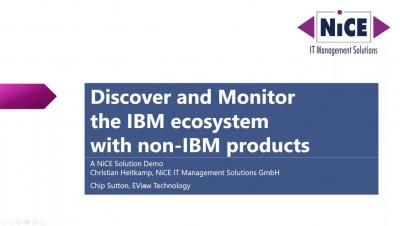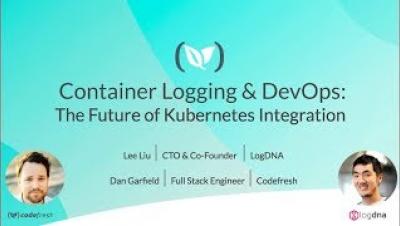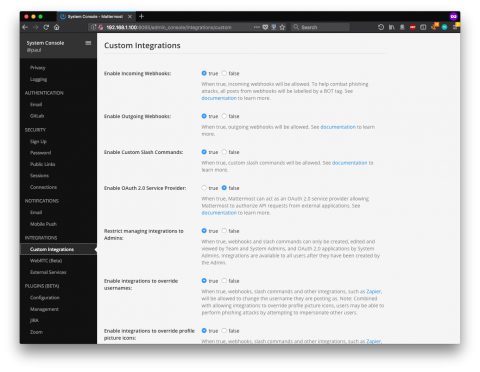Announcing Sensu's Series A Financing
That new new. New software, new branding, new website, new financing, new board members, and new jobs. Oh my! I’m very pleased to announce that Sensu Inc has raised $10M in Series A financing led by Battery Ventures, with participation by seed-stage investor Foundry Group.










